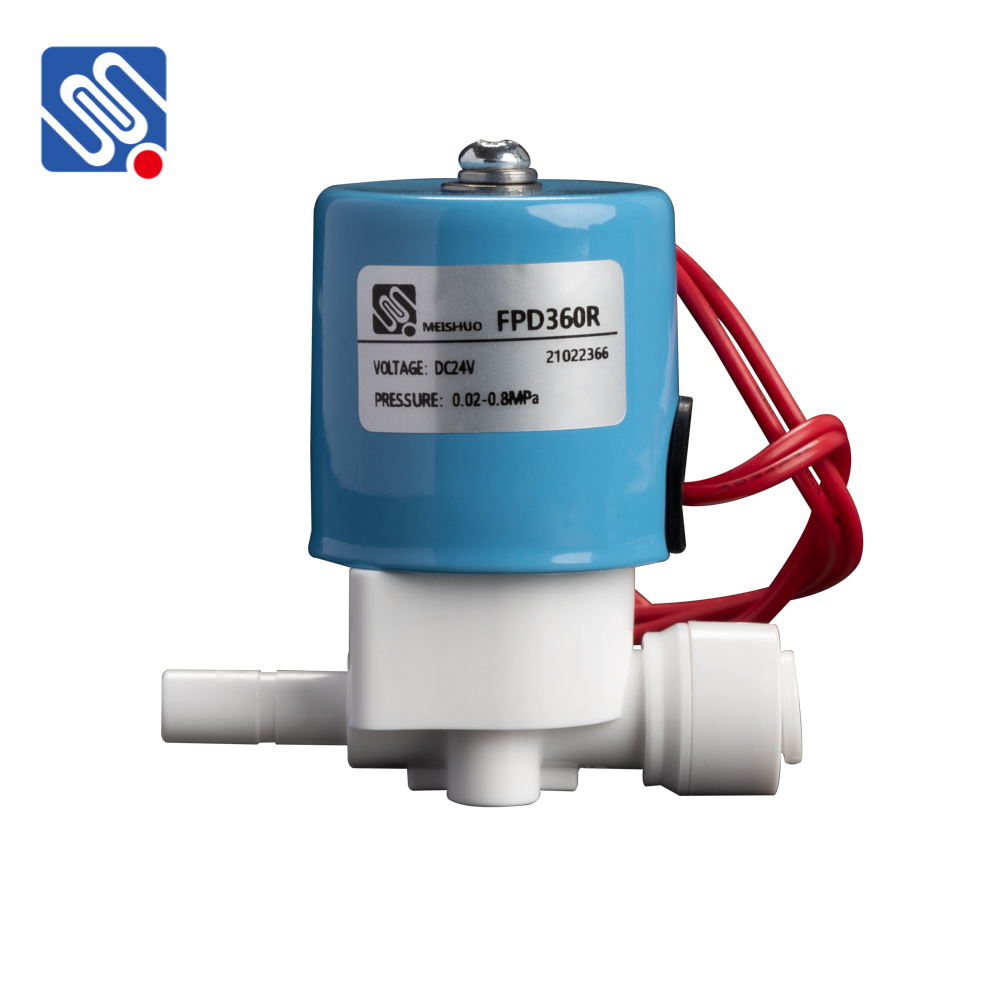Solenoid valves are critical components in various industrial and commercial applications, controlling the flow of fluids like water, gases, and oils. They play an essential role in automation, HVAC systems, irrigation, and many other systems where precise fluid control is necessary. With the increasing global emphasis on environmental sustainability and safety, industries are turning to RoHS (Restriction of Hazardous Substances) compliant solenoid valves to meet regulatory requirements and promote eco-friendly operations.

What is RoHS Compliance? RoHS is a European Union directive that restricts the use of certain hazardous substances in electrical and electronic equipment. Introduced in 2003, the directive aims to reduce the environmental impact of electronic waste and protect human health by limiting the presence of harmful chemicals in products. The restricted substances under RoHS include lead (Pb), mercury (Hg), cadmium (Cd), hexavalent chromium (Cr6+), polybrominated biphenyls (PBB), and polybrominated diphenyl ethers (PBDE). RoHS-compliant solenoid valves are those that do not contain any of these restricted substances beyond the legally allowable limits. The compliance ensures that the solenoid valve can be used in environmentally conscious and regulated markets without causing harm to the environment or end users.